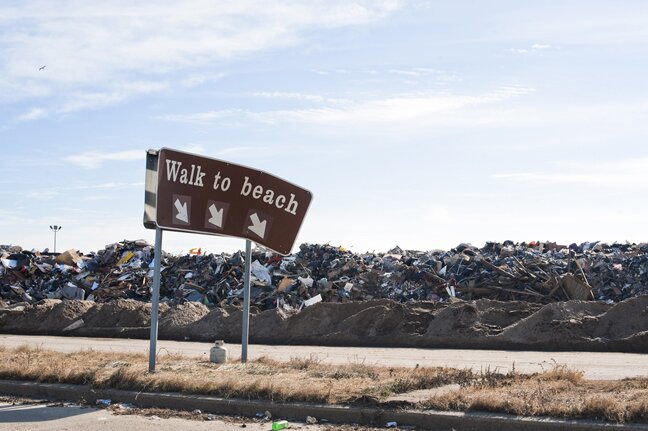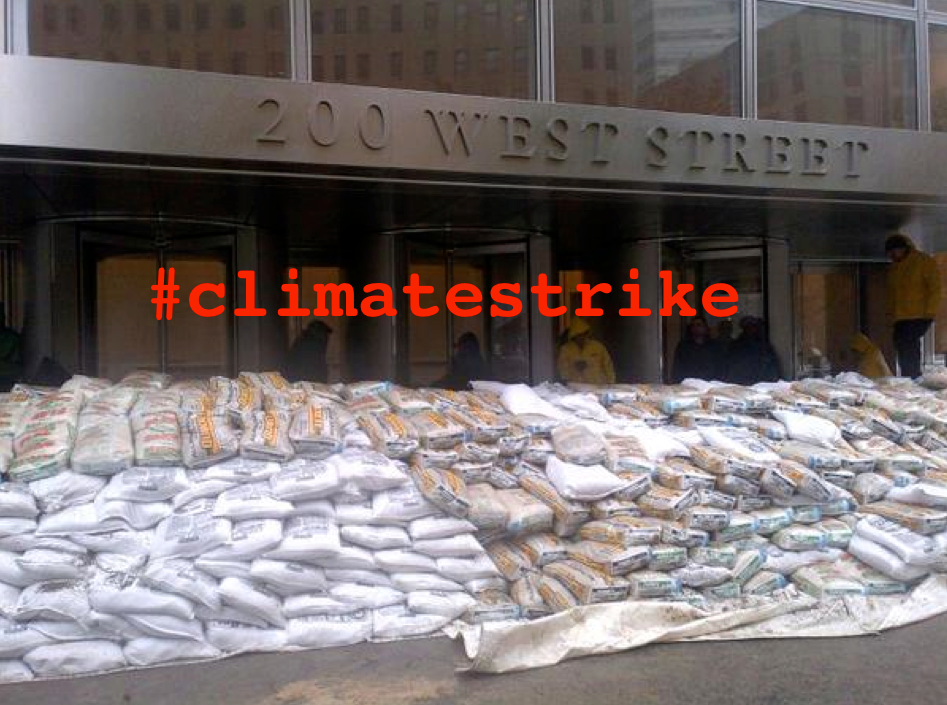We’ve all been there--in that room, around that table, on that direct action--when some aspect of our differences threatens our ability to work (indeed our very presence) in the movement. The issue of how our processes, strategies and theories impact or are impacted by our differences sets the stage for fear, anger, guilt, confusion and hurt. All too often the work stops. Despite our many commonalities and what’s at stake, activists run into the destructive potential of difference early and often. But, difference should be anticipated, even welcomed. Moments of difference and potential conflict offer possibility to create deeper, more meaningful bonds. The key is to develop and implement strategies of engagement for ourselves and each other to prepare for when such moments of difference arise.
Few would argue that race is not one of the most complex issues that we deal with--constantly and with varying levels of success. When it comes up varies, but the answer to the question, “Will it come up?” remains the same: “Yes”. Our experience now teaches us to expect it. Our experience should also teach us that it is what we make of that moment that will determine whether the gathered bedfellows will become estranged or made stronger. The latter is possible only if the history of race in America. Whether we are bound by gender, sexual expression, disability, income inequality, language,
homelessness or injustice, our work falls victim to our inability to deal effectively with the inevitable race moment. Here are a few suggestions on how we can begin to transform potentially destructive race moments into opportunities to move toward to our political objectives:
(1) Recognize that the race moment is inevitable and it is important to do as much work to prepare for the race moment before it arises. The success of the movement depends on all of us working on our individual gaps and blinders.
(2) Develop a strategy for engaging the trauma of slavery, racism and difference discrimination before the race moment arises.
(3) When the race moment arises remember to have compassion for errors and missteps of those who you trust in other contexts.
(4) The notion that one should be free from error, discomfort or confusion when their approach to difference is at issue is oftentimes a manifestation of privilege.
(5) Recognize that all your work will probably not make the issue of race less uncomfortable. Remember that comfort is rarely, if ever, useful in progressive social change movements.
(6) The race issue cannot be understood, much less transformed/transformative, without meaningful engagement with the history of slavery in America.
(7) Commit to learning more about the relationship between slavery and the modern manifestations of race and difference than you do today. Make the same commitment tomorrow.
(8) Our various identities are an integral part of the movement, but identity politics can be distracting. For example, a common cause of the disutility of identity politics is that ways in which structures of oppression, like capitalism, can exploit and distort identity.
(9) The perception of scarcity of resources available to improve inequities along with our inability to deal successfully with difference has contributed to a sense that there is a pyramid of oppression.
(10) Develop a race moment reading list. A few highlights from my list are: John Hope Franklin, From Slavery to Freedom: A History of African Americans; Audrey Lorde, Sister Outsider; James Baldwin, Price of the Ticket; Angela Y. Davis, Race, Women and Class; Edward Said, Orientalism; Dorothy Roberts, Killing the Black Body; Elizabeth Spellman, Inessential Woman; Subcomandante Insurgente Marcos, Our Word is Our Weapon; Derrick Jensen, The Culture of Make Believe.
Additionally, beware of the following myths which frequently underlie and surface during a race moment:
(1) Antiracism work is the work of people of color.
(2) Imposing, evoking or experiencing white guilt is a necessary component of anti-racism work.
(3) People of color, LGBTQA, feminists etc., have sufficiently addressed issues of intra-group difference and oppression such as colorism, class, disability, gender inequities and homophobia.
(4) Regardless of the work at hand or the urgency of the work, processing our difference always takes priority.
(5) Race is at the top of the pyramid of oppression because slavery was only about race and racism.
On a final note, when the race moment arises expect the fear because of the unattended trauma that remains, but also have compassion for yourself and others who--despite the potential race-based angst in those moments--continue to come to the table, the rooms, the front line, the direct action in solidarity, commonality and difference to fight for transformative justice. Our commitment to thriving in those moments help us to move closer to realizing the potential of a diverse movement.
Add a comment Add a comment


 Today, we are told, we should go out and participate in the so-called political process: stand up and be counted, let our voices be heard, pick the man who supposedly best represents our interests. That is fine. We are not for or against it. We are agnostic. In truth, we are living and dying in another universe altogether--we are aliens from the future who recognize the perils and the promises of our latest disaster.
Today, we are told, we should go out and participate in the so-called political process: stand up and be counted, let our voices be heard, pick the man who supposedly best represents our interests. That is fine. We are not for or against it. We are agnostic. In truth, we are living and dying in another universe altogether--we are aliens from the future who recognize the perils and the promises of our latest disaster.